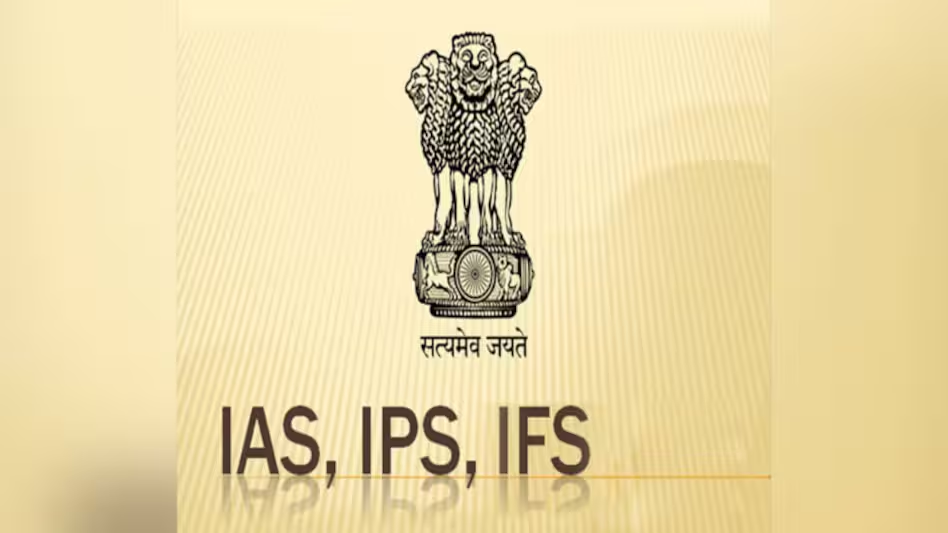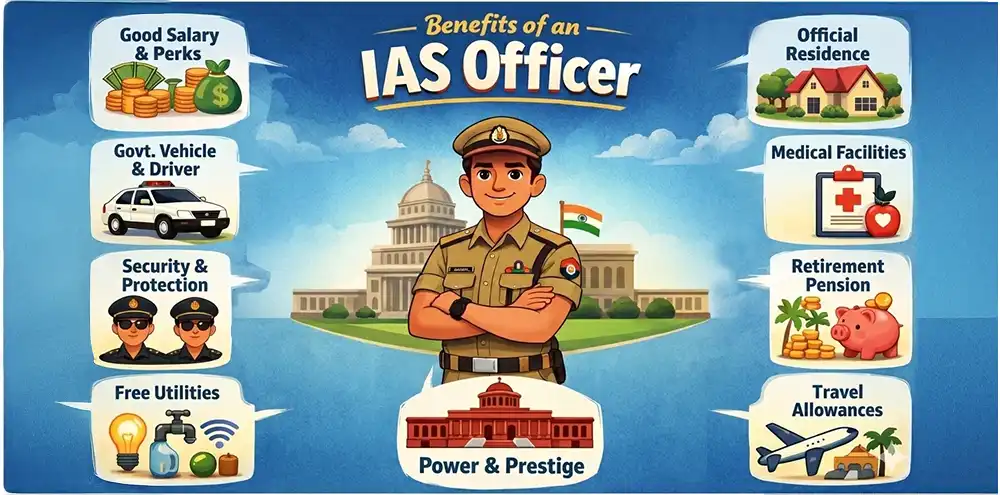Font size:
Print
Fixing the UPSC Selection Process
Context : UPSC Selection Process
The image of India’s premier institutions, such as the Union Public Service Commission (UPSC) and the Indian Administrative Service (IAS), has been severely tarnished following the Puja Khedkar episode. This incident has highlighted major flaws in the system specially with respect to the reservation system.
Key Issues in Reservation and Examination System:
- Impact on OBC Creamy Layer and EWS Reservations: The UPSC case has deeper implications than the NEET mismanagement, affecting the OBC creamy layer and EWS reservations.
- Income Certificate Flaws: Income certificates for OBC/EWS reservations, issued by Tehsildars, face criticism for inadequate verification, unlike SC/ST reservations.
- Ambiguity in Income Criteria:Unclear rules on whether the candidate’s or their father’s income should count, and no updates for changing income after certification, lead to misuse.
- Fraudulent Use of Certificates:Candidates exploit OBC/EWS certificates, with Tehsildars lacking proper authority to verify economic status.
- Lack of Scrutiny and Reforms:Rules remain outdated, scrutiny is rare, and favouritism undermines investigations, perpetuating systemic flaws.
Key Ethical Issues in UPSC Reservation Loopholes:
- Undermining Social Justice: Misuse of reservations deprives genuinely disadvantaged groups, undermining the system’s purpose.
- eg. Tamil Nadu Caste Certificate Scam (2017), Forged caste certificates deprived genuine SC/ST candidates, undermining social justice.
- Violation of Meritocracy: Exploiting loopholes allows less deserving candidates to be selected over more qualified ones, compromising fairness.
- Example Maharashtra Disability Certificate Scam (2021): Fake disability certificates allowed less deserving candidates into government jobs, violating meritocracy.
- Erosion of Public Trust: Manipulation of the system reduces confidence in the integrity of UPSC and public institutions.
- Puja Khedkar UPSC Case (2023): Misuse of UPSC exam attempt limits eroded public trust in the integrity of the selection process.
- Exacerbation of Social Divisions: Misuse of reservations increases resentment and deepens social tensions between communities.
- Bihar Caste Certificate Fraud (2018): Fake OBC/SC certificates from upper castes deepened social divisions and resentment.
- Inefficiency in Public Service: Compromising merit affects governance quality, ultimately harming public service delivery.
- Indian Railways Fake SC/ST Certificates (2015): Unqualified individuals using fake SC/ST certificates led to inefficiency in public service.
- Damage to Civil Service Ethics: Unethical entry into the civil services erodes integrity and accountability, harming long-term governance quality.
Way Forward:
- Enhance Transparency: Implement transparent processes to identify and prevent fraudulent practices, as seen in the Khedkar case.
- National Guidelines: Issue clear, nationwide instructions on income and disability criteria applicable across all states and sectors.
- Expert Committees: Form bodies with experts to reach consensus on income and disability issues.
- Strengthen Verification: Develop robust verification systems to ensure authenticity in income and disability claims.
- Justify Disability Quotas: Clarify the rationale for including mental disabilities in civil service quotas and consider introducing aptitude tests.
- Accountability Measures: Impose penalties on officials who certify individuals without due diligence and encourage judicial oversight.
- Promote Genuine Public Service: Foster a culture in civil services that prioritises public service over personal gain.
- Structural Reforms: Implement necessary procedural and structural changes to restore integrity in civil service selection.
Key Constitutional Principles involved in Misuse in UPSC Reservation:
- Article 14 (Equality): Ensures equality before the law. Misuse occurs when fraudulent caste or income certificates undermine fairness, depriving genuine candidates.
- Article 16 (Public Employment Equality): Guarantees equal opportunity in jobs with provisions for reservations. Fraud distorts this, denying rightful opportunities to deserving candidates.
- Article 15(4) (Special Provisions): Supports affirmative action for backward classes. Misuse through false claims undermines these provisions.
- Article 335 (Efficiency in Administration): Balances reservation with administrative efficiency. Fraudulent entrants can harm both efficiency and fairness.
- Judicial Rulings (Indra Sawhney & M. Nagaraj): Set limits on reservations, emphasising merit. Misuse disrupts the merit-reservation balance.
- Article 46 (Weaker Sections): Promotes the interests of disadvantaged groups. Fraudulent claims deny genuine beneficiaries their rights.
- Verification & Accountability: Weak verification allows fraud, compromising legal equality and fairness in reservations.
Subscribe to our Youtube Channel for more Valuable Content – TheStudyias
Download the App to Subscribe to our Courses – Thestudyias
The Source’s Authority and Ownership of the Article is Claimed By THE STUDY IAS BY MANIKANT SINGH



